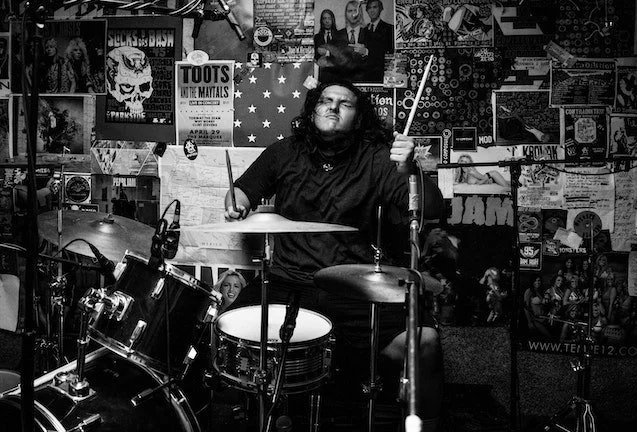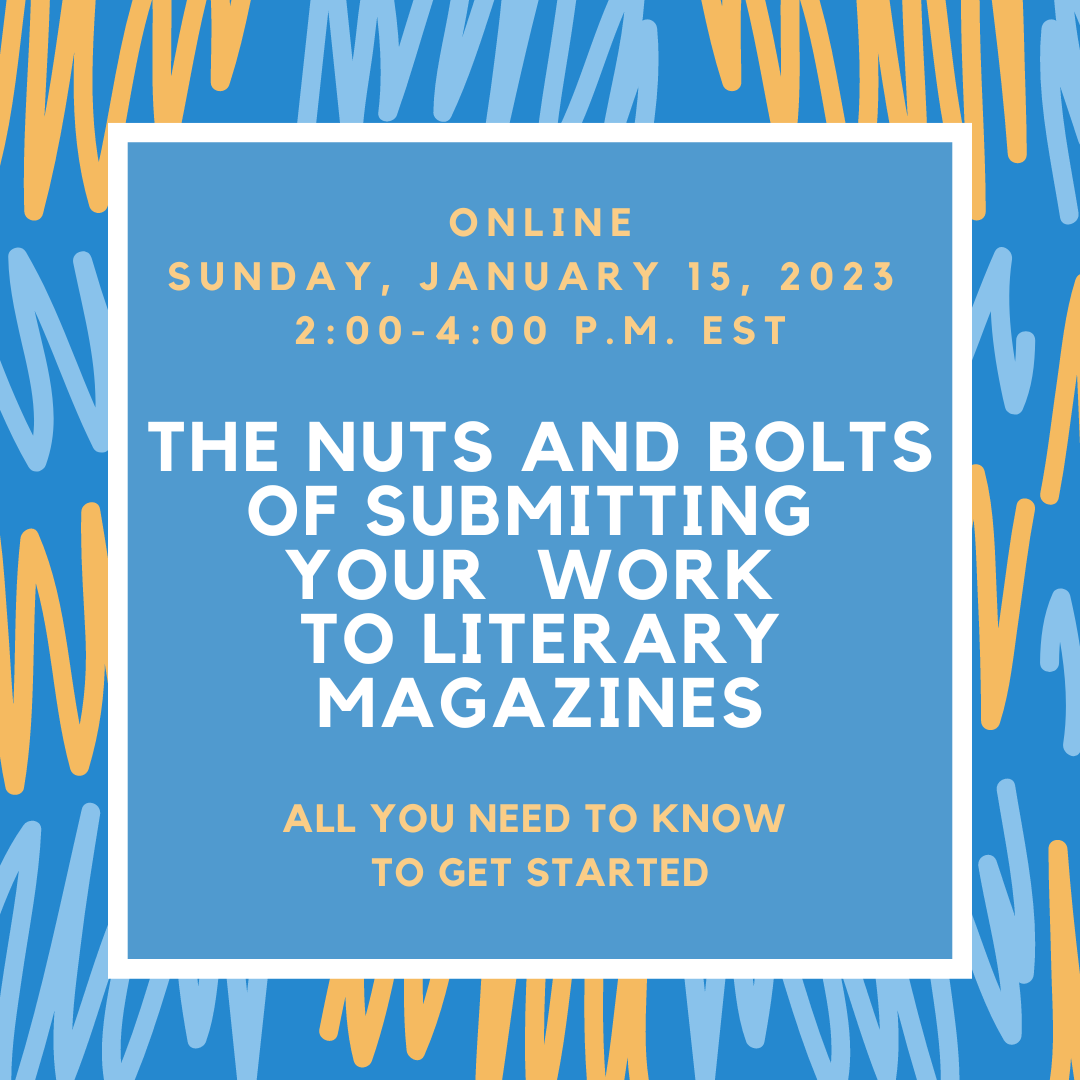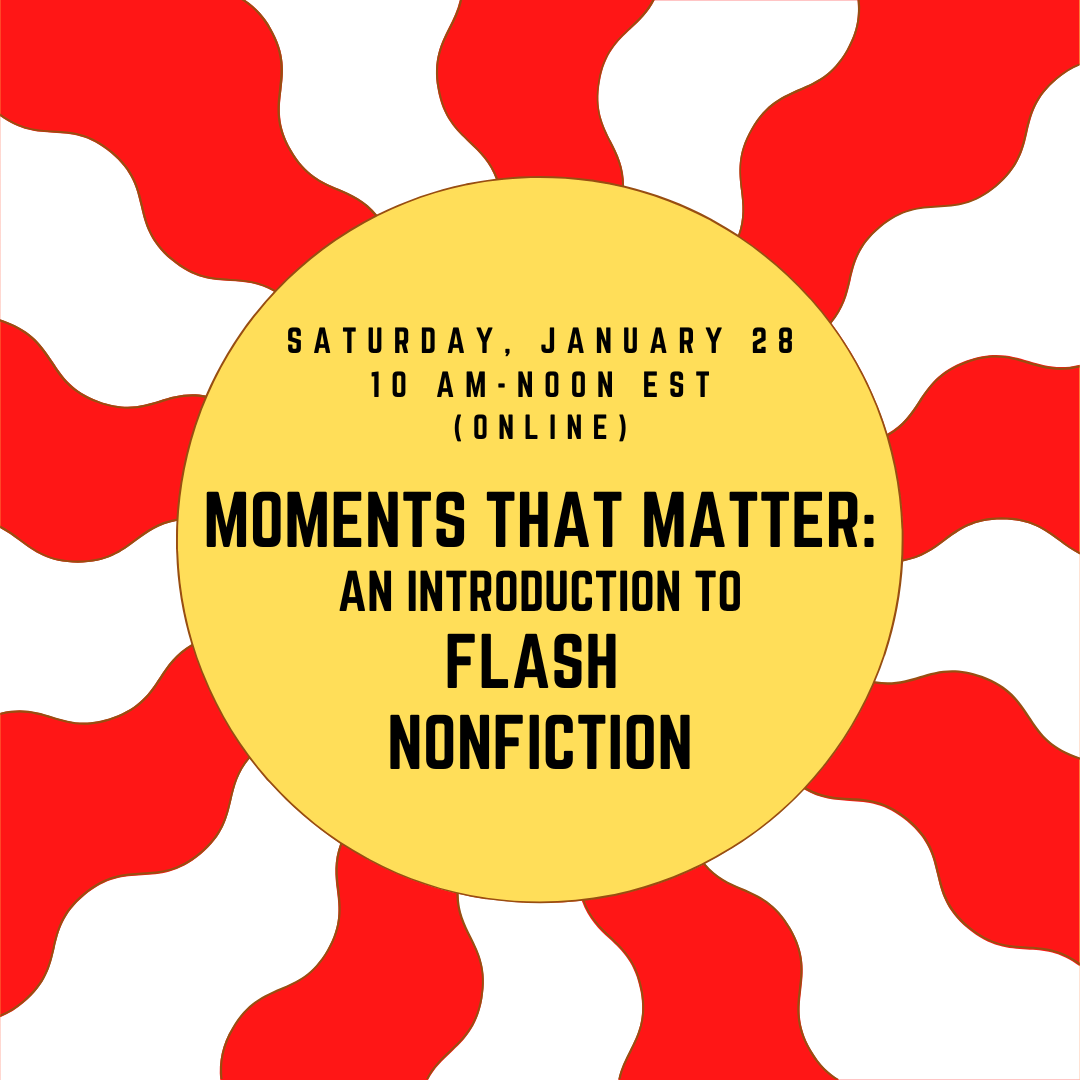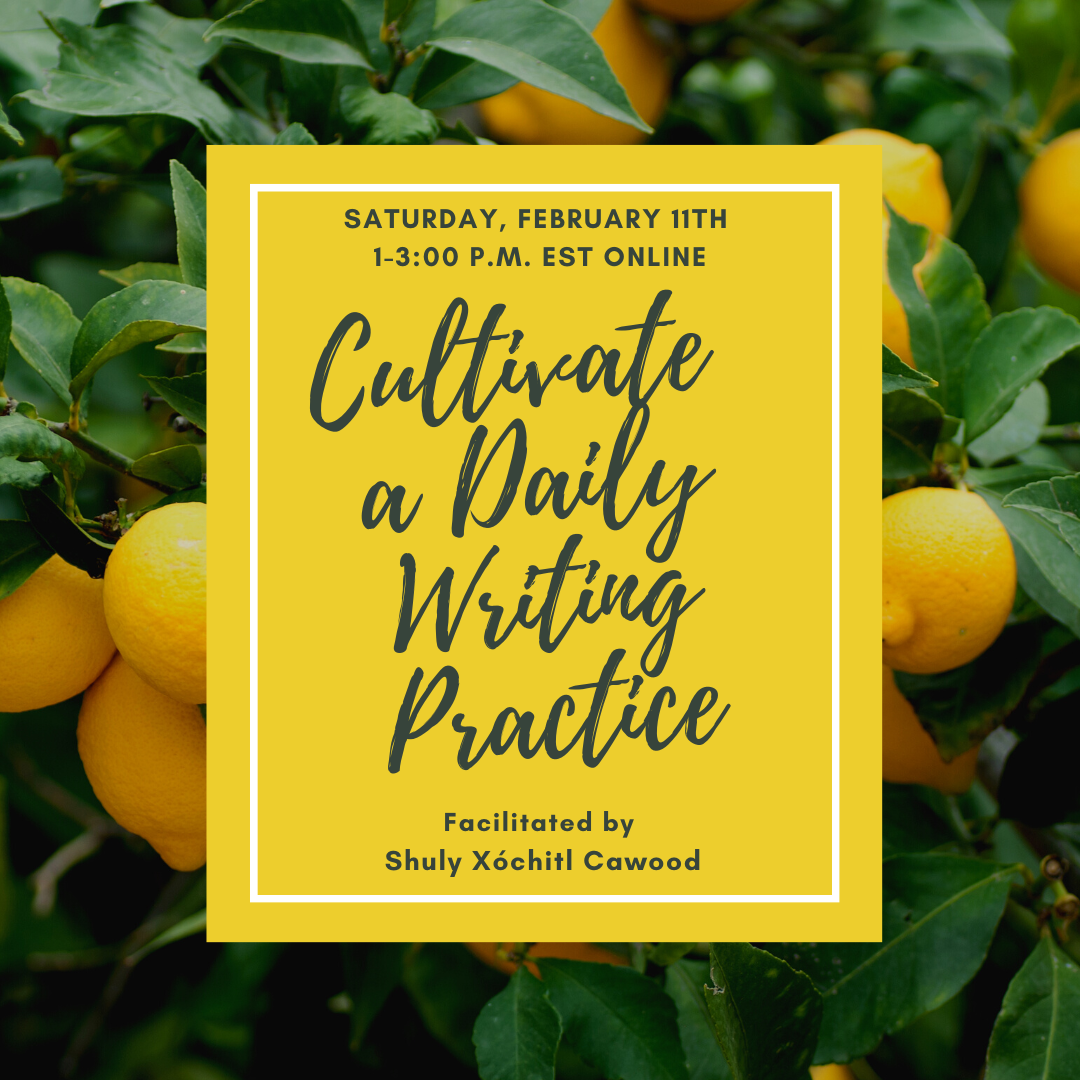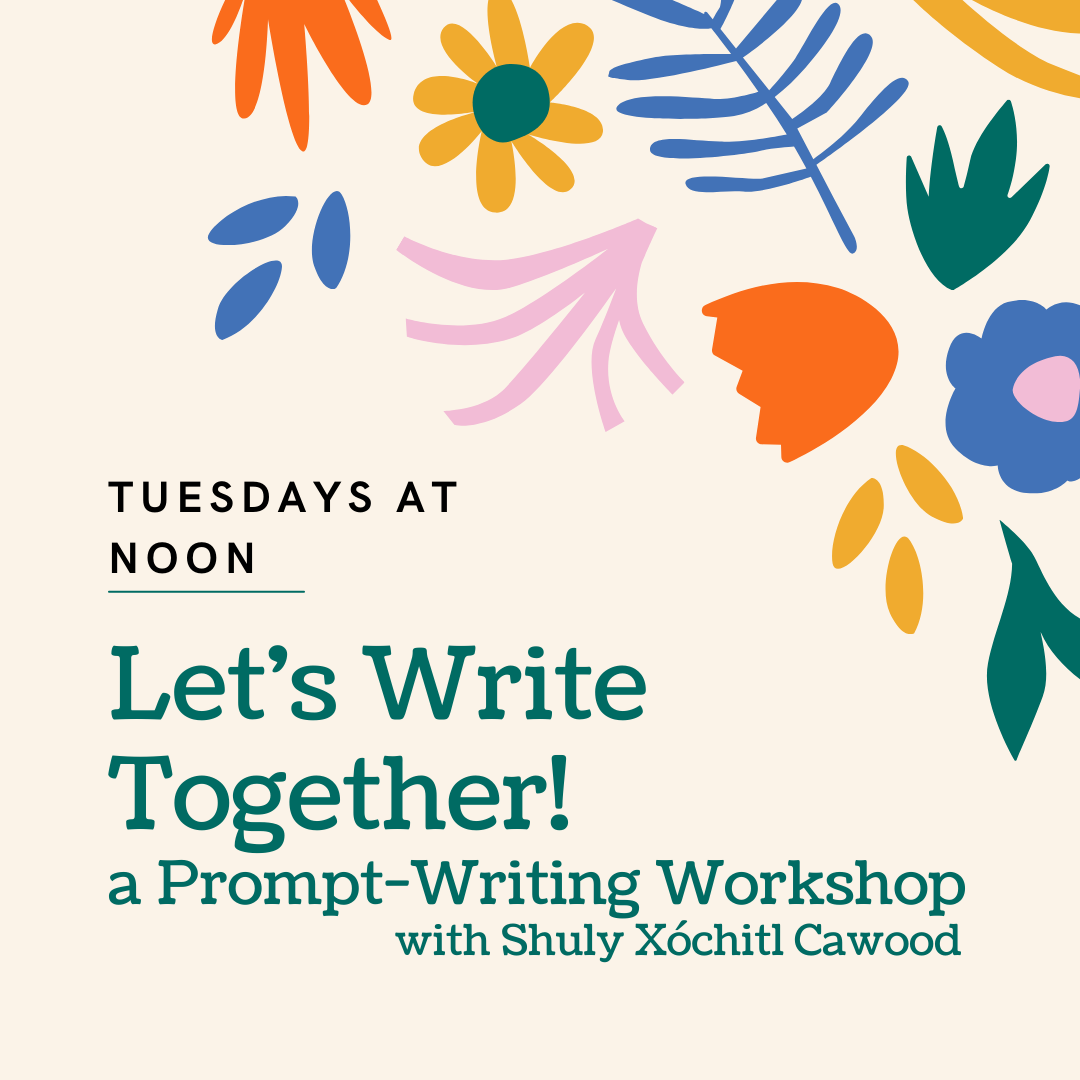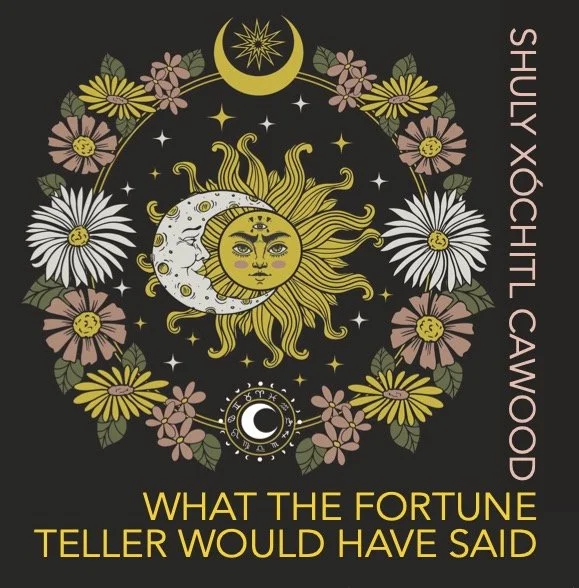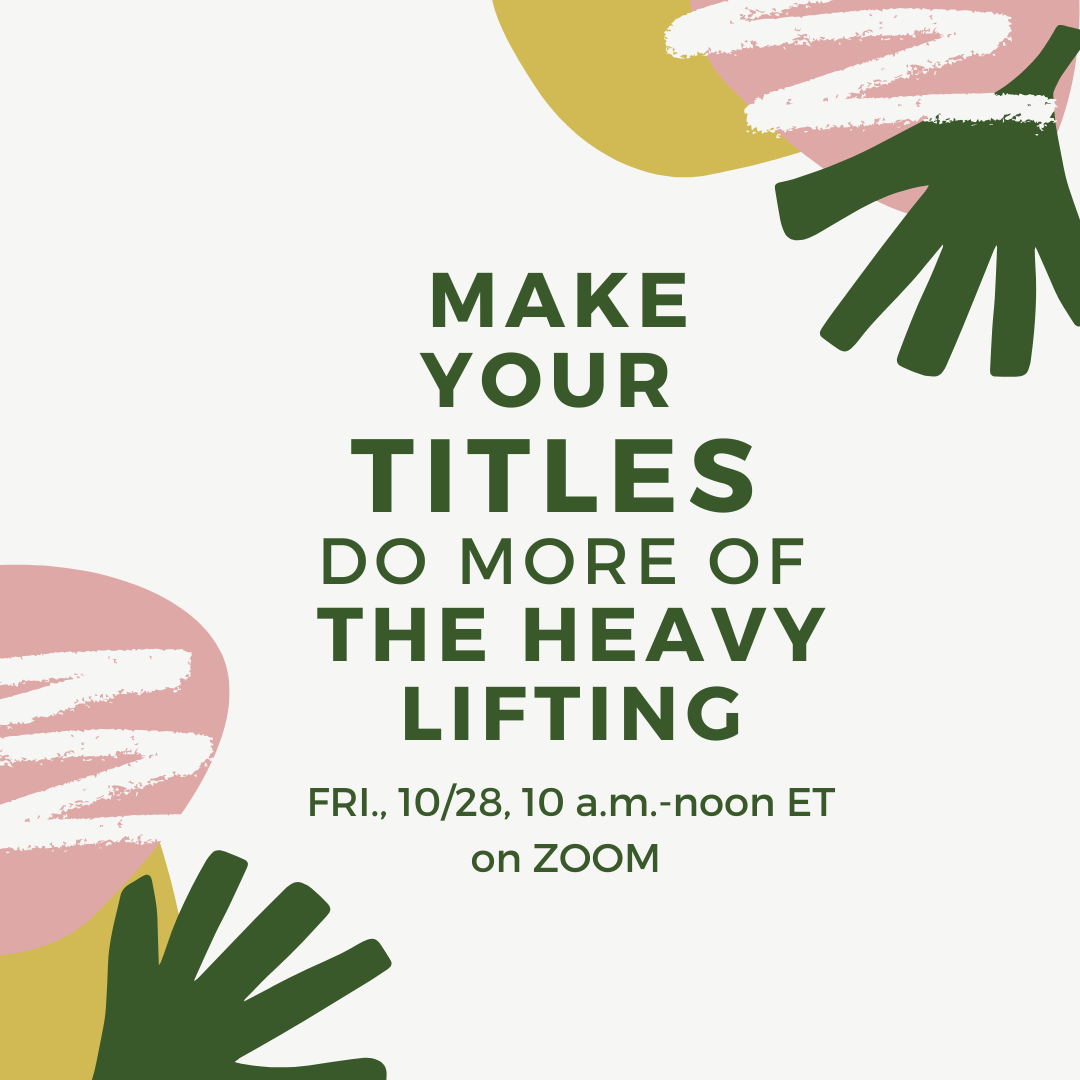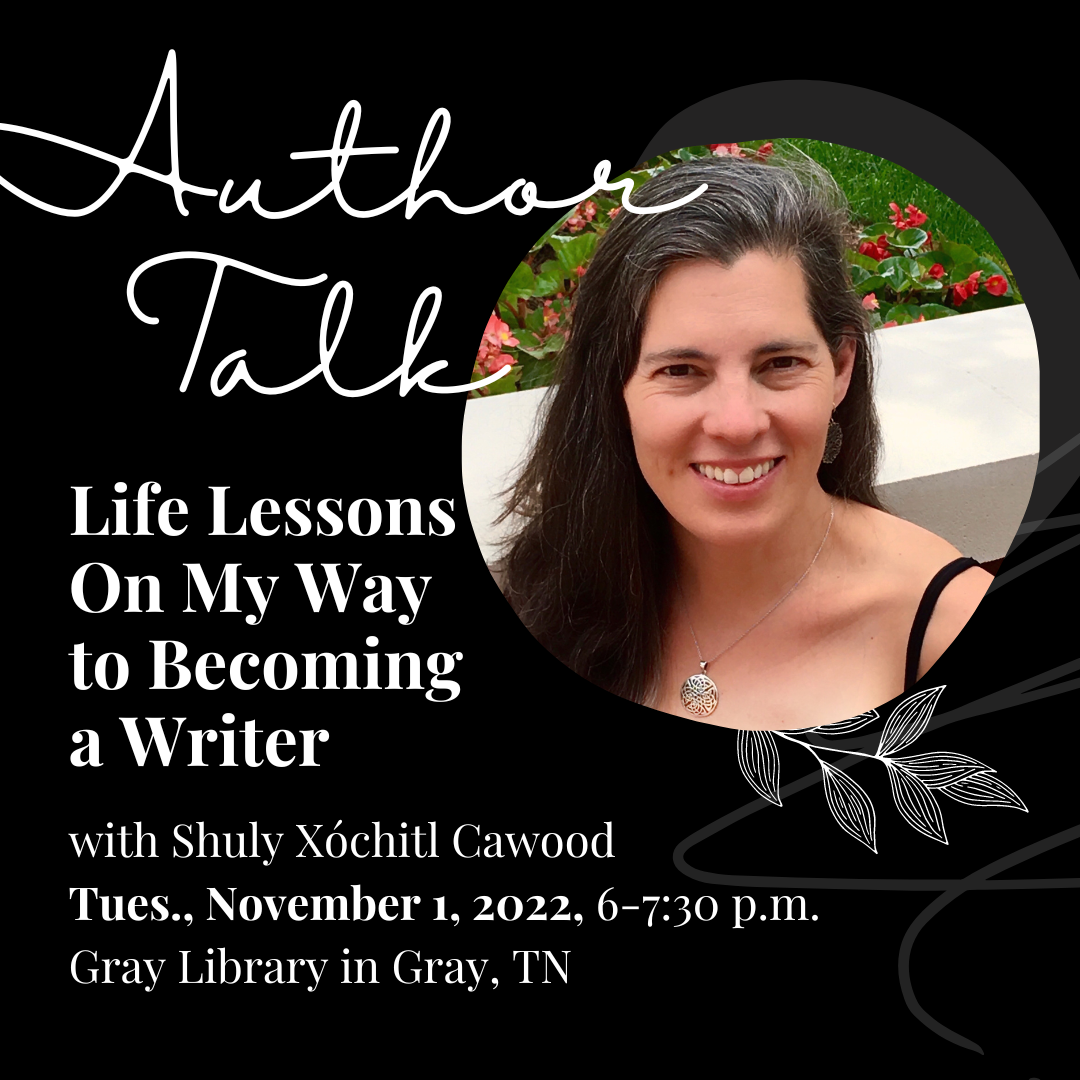Welcome to my annual blog post about acceptance and rejection in which I tally up my writing submissions from the previous year and tell you how many magazines and presses in 2022 said, We love your work, Shuly! and how many places gave me the big boot.
If you’re new to my blog or have never been around in January, I should tell you upfront that my annual goal is always to aim for one hundred rejections. “Wait, what?” you newbies are asking. “You aim for rejections?”
Why of course. Life is filled with wins and losses, acceptances and rejections, and every writer knows that in the writing world, rejections are the most common currency. (Well, every un-famous writer knows this—I cannot speak for the famous writers since I am unknown except to my family and friends and people who friended me merely because FaceBook suggested it).
I aim for one hundred rejections because I might as well make a game out of it, and because if I can get that many rejections, odds are that I will also get some acceptances. My typical rate of acceptance is 10% (which, if you’re not into math, means that if I get 100 rejections, I’m likely to get 10 acceptances).
Let’s start with a review of the last couple of years:
In 2020, I received 88 rejections and 2 acceptances. I didn’t submit enough to reach 100 rejections, but with that track record, surely I would have. My acceptance rate was about 2% that year. Eek.
In 2021, I received 174 rejections (wow, that’s a lot), but I also received 30 acceptances. Woooo hoooo!!! That’s a 17% acceptance rate.
And in 2022 . . . (here's the requisite drum roll) . . .
I received 43 rejections and and and . . . 3 acceptances!
You’re probably asking, “Is that exclamation point because she thinks 3 acceptances is good or bad?” Actually, I never think of the numbers as good or bad, black or white, but I like to dig into them.
First of all, clearly I didn't submit enough to reach 100 rejections. I'm okay with that.
Yet here’s the odd thing: nearly all of the 43 rejections came from literary magazines saying no to my individual pieces, BUT of the three acceptances, only one was from a literary magazine saying yes to an individual piece (thank you, Invisible City, for encouraging me to submit again after rejecting my work the first time). The other two acceptances were for…books of mine! Whole books! Books that had many of the pieces that were rejected by other places!
Those exclamation points mean: I am happy. One of those books (What the Fortune Teller Might Have Said) even won a prize.
My acceptance rate for 2022 was 7%, so I think I need to stop saying my acceptance rate is 10%. It apparently isn’t and hasn’t been for years, if it ever was.
The most important takeaway? Never give up on yourself or what you want or what you love. And if you’re a writer, write first for yourself. If you aren’t happy writing, then what’s the point? I loved writing every single piece I sent out into the world, whether it was rejected or not. And that, in my book (pun intended), is the biggest win.
Photo credit: Taylor Skaff.

